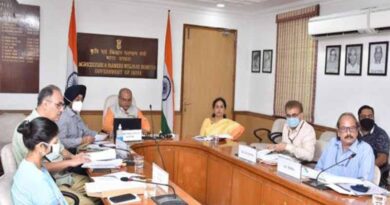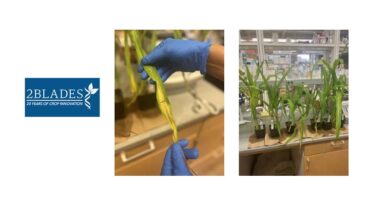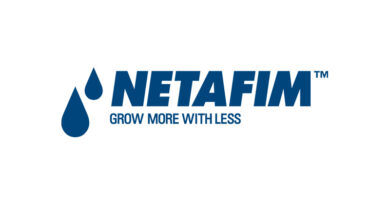Corteva’s science based solution Pexalon for brown plant hoppers (PBH)
13 August 2021, New Delhi: Corteva Agriscience to help farmers mitigate the risk from BPH has been directing efforts to study the trajectory of the pest over many years and across thousands of acres. The global agriculture company uses science-based solutions to proactively manage the brown plant hoppers (BPH) menace in paddy farming.
Corteva has carried out hundreds of demos on preventive care, in the last five years across the country and found consistent results even under abnormally high pest pressure like last year. The company is leveraging results from these studies to educate farmers on preventive solutions for plant protection from direct pest damage and hopper transmitted virus diseases. Corteva in the last three years has protected over 2 million acres of land in southern India, with nearly 1 million-acre land in Karnataka alone.
Also Read: ICAR-IISR and Prestige Institute (PIEMR) Indore singed an MOU for research & extension
Aruna Rachakonda, Director, Marketing – South Asia, Corteva Agriscience said, “We at Corteva Agriscience are committed to keeping farmers at the centre of innovation. We strive to address longstanding issues like pest menace through integrated and targeted solutions, not just enhancing agricultural productivity but also supporting conservation practices. India’s rice yields have been significantly lower than the global average owing to the menace of aggressive planthoppers. By educating the farmers on preventive measures, we aim to control the damage, increase yield and safeguard their incomes.”
The longstanding issue of damaging BPH can be effectively dealt with through the early application of the solution – Pexalon on the crops for better outcomes. Pexalon is powered by the groundbreaking technology of Pyraxalt which provides up to 25 days of consistent hopper control for a cleaner, greener harvest.
Pexalon controls all damaging life stages of hoppers and has a relatively large margin of safety to non-target organisms, thus it helps to conserve natural enemies of rice and improves overall pest control.
With the protective shield of the solution, the crop can absorb nutrients from the soil and become healthy.















